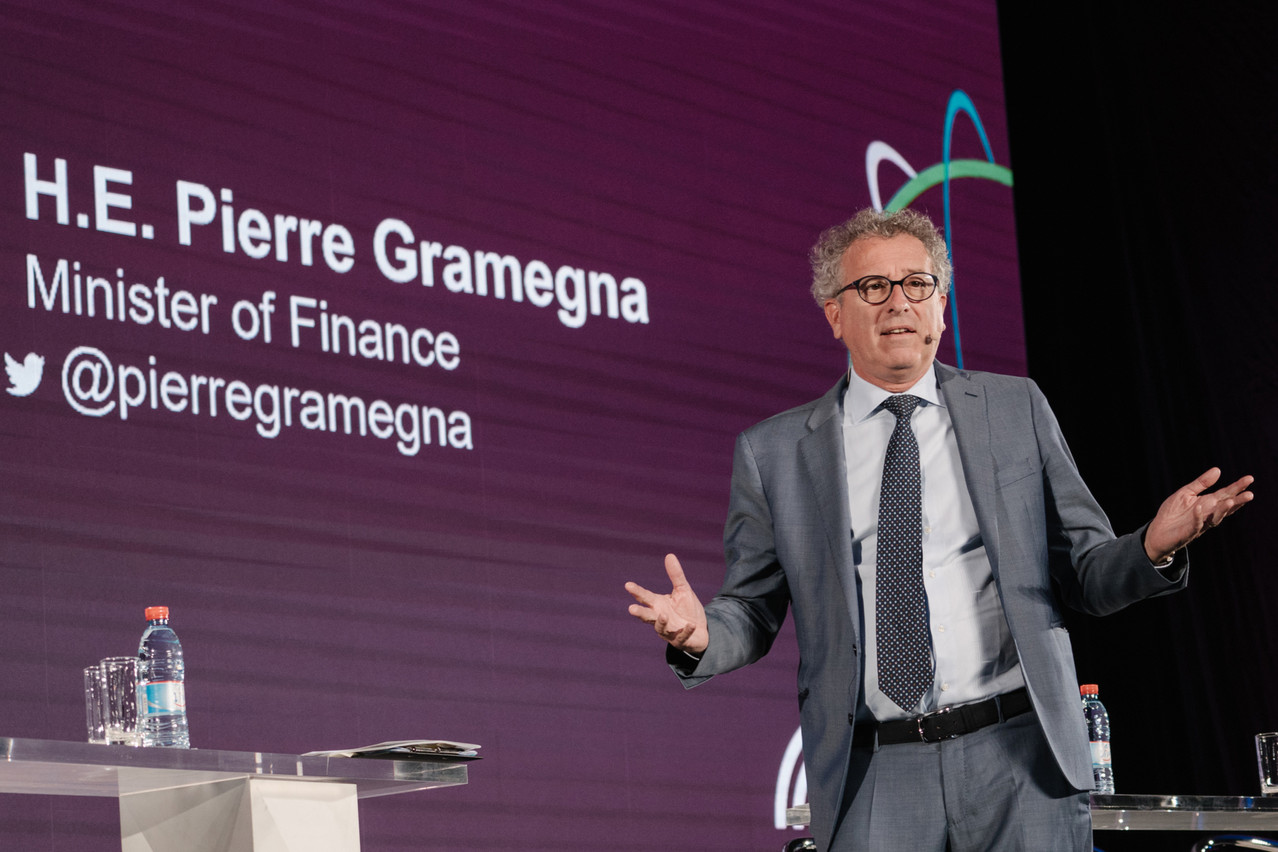It holds a 60% market share of cross-border fund distribution worldwide and asset managers from 67 countries rely on Luxembourg funds to reach global investors. 98 of the top 100 asset managers in Europe are based in Luxembourg.
These figures speak for themselves and convincingly illustrate what has been achieved over the last 30 years. Providing the necessary toolbox and right expertise to set up, manage and distribute funds across multiple markets and serving investors across the globe, Luxembourg plays a central role in the value chain of the global fund industry.
A challenged sector
The sector has witnessed several major transformations in the past and is facing a number of challenges in the current environment. One ongoing source of uncertainty that has kept the asset management industry busy these past few years has been Brexit. Luxembourg did not wish for Brexit and regrets seeing the UK leave the European Union. However, Brexit has also been a “real-life test” of the attractiveness of Luxembourg’s fund centre. More than half of the 60 firms relocating activities or strengthening existing operations in Luxembourg as a result of Brexit are from the asset management industry.
Irrespective of Brexit, the further completion and development of the EU single market in financial services should be a priority. Thanks to UCITS, Europe has provided an important blueprint for global cross-border fund distribution. Recent regulatory projects like the Pan-European Personal Pension Product (PEPP) and the Capital Markets Union will provide new opportunities for the asset management industry by further breaking down cross-border barriers, while offering more choice to savers and investors.
The industry is also witnessing a generational shift, with tech-savvy Millennials who want more say in how and where their money is invested. Artificial intelligence and automation, the rise of digital assets, and the tokenisation of the economy are game changers. These innovations have the capacity to fundamentally transform the asset management industry’s current value chains, including of course fund distribution. It is therefore a government priority to provide the right environment allowing the fund industry to adapt and ideally stay ahead of the curve.
The most pressing global challenge, however, is undoubtedly climate change.
The LHoFT, launched as a public-private partnership less than two years ago, has become a key pillar in the development of Luxembourg’s FinTech ecosystem and importantly in bringing together the financial industry and tech innovators, notably in the field of RegTech and FundTech, to help drive innovation in the asset management industry.
The adoption of legislation to specifically allow the use of blockchain or distributed ledger technology in the transfer and distribution of securities is another example of the government’s commitment to encourage innovation in the financial industry and the fund industry more specifically. The new law will provide additional clarity and legal certainty allowing the industry to develop future solutions. This was a first step, and the government is committed to go further.
The most pressing global challenge, however, is undoubtedly climate change. Already home to the largest share of Europe’s responsible investment funds and the world’s leading listing centre for green bonds, Luxembourg is not only uniquely positioned to help drive the global fight against climate change, but also to become a leader and first mover in developing new sustainable fund products based on a Europe-wide taxonomy of environmentally sustainable activities.
The next step will be the launch of a national Sustainable Finance Initiative to develop and implement a national sustainable finance strategy.
The government is here not only building on the solid foundations that have been laid over the past years: be it the climate finance platform with the EIB, the Climate Finance Accelerator, dedicated fund labels or the launch of the Luxembourg Green Exchange, the first platform of its kind in the world.
The government has proactively engaged and strategically collaborated with the United Nations Environment Programme to design a Luxembourg Sustainable Finance Roadmap laying out a vision and key recommendations on how to consolidate Luxembourg as a centre for sustainable finance. The next step will be the launch of a national Sustainable Finance Initiative to develop and implement a national sustainable finance strategy.
The challenges are manifold, but I am confident that by building on the strong dialogue and cooperation between the government and the fund centre community, Luxembourg will be able to continue this unique success story.
More news on the fund industry in supplement.

